The horrific statistics showed a 25% increase in suicide in Greece in the years when the government decided to lock Greeks in their homes under the pretext of the coronavirus pandemic, that is, from 2020 to 2022.
This is evidenced by the annual data on suicides analyzed and processed by “Suicide Watch” and the research network of the KLIMAKA Suicide Prevention Day Center. In particular, in 2022, the number of suicides reached 600, which corresponds to about two per day!
It is noted that the total lockdown imposed by the government not only led to the destruction of the economy and, accordingly, the loss of work, it also damaged the psyche of the Greeks and, most importantly, alienated citizens from their loved ones and violated interpersonal relationships.
According to a report compiled by Kyriakos Katsadoros, psychiatrist, scientific director of KLIMAKA, Dimitra Zafeiropoulou, psychologist at KLIMAKA Suicide Prevention Day Center and Vasiliki Plumi, statistician at KLIMAKA Suicide Prevention Day Center, the total number of registered suicides is only tip of the iceberg.
At the moment, the problem is not fully covered, since the deliberate understatement of the number of suicides by the authorities is a fact all over the world, according to the World Health Organization.
In more detail, the numbers look like this:
- The vast majority of suicides were committed by men (78%), followed by women at 22%.
- In terms of age group, people over 60 were the most likely to commit suicide compared to other age groups in the population.
- In terms of gender, most deaths among men were concentrated in the 60-64 age group, while among women, by contrast, deaths were concentrated in the younger age group 35-39 years.
- There is a trend towards an increase in the number of suicides in the younger age groups in general (age over 20 years) compared with the data for 2021.
- At the level of administrative regions, the highest number of suicides in 2022 was recorded in Crete (17% of the total number of deaths), followed by Central Macedonia. Crete, according to experts, is a region with a consistently high suicide rate for a decade. The problem of high suicidality there is of critical importance and has been an area of research interest of the KLIMAKA suicide observatory for many years.
- Hanging was the most common method of suicide at the population level, followed by falling from a height and crossbow.
- Most suicides were committed among the economically active population of the country and in marriage.
- 55% of deaths occurred in the home of the deceased.
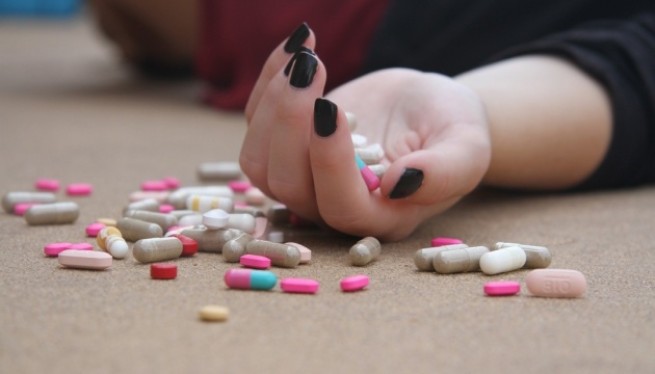
Most suicides happen in the summer
The majority of suicides occurred during the summer months (June-July-August), with the days on which the highest number of suicides were recorded being Monday and Tuesday. Most deaths occurred early in the morning.
In addition, in 2022, 18 suicides were recorded in high-risk areas (suicide hotspots), 11 in places of detention, 7 in public transport stops, 8 in medical institutions and 3 in the country’s camps. In addition, at least 11 suicides of workers in high-risk professions, such as law enforcement officers, and 3 suicides of military personnel were recorded. There were 4 prolonged suicides (murders followed by suicide of the performer). Observatory sources contain psychological autopsy data of suicide victims who seek help from the KLIMAKA Suicide Prevention Center.

Survivors of suicide expressed intention to commit suicide directly or indirectly
Over the past year, a large number of psychological autopsies have been conducted, during which it was found that those who committed suicide, directly or indirectly expressed the intention to commit suicide, as well as the presence of previous attempts or “rehearsal” of a suicide attempt in the past, as well as the presence of a family history of suicides and/or mental illnesses that have not received adequate attention from mental health professionals or the victim’s wider community.
As the report says, Greece remains one of the few countries “which has not taken any institutional initiative to protect suicidal individuals,” the organization’s long-standing request. It emphasizes that 95% of deaths could be prevented if timely and effective measures were taken.
Center for Suicide Prevention KLIMAKA for many years has offered clear and critical proposals both in terms of registration and mapping of the problem of suicide, and in terms of preventive measures, which are constantly updated based on data obtained in the course of suicide surveillance. However, the authorities reacted poorly to these initiatives.
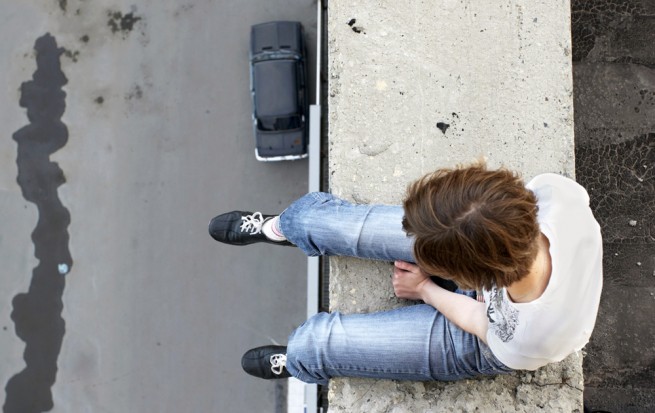
Some of them:
- training of primary healthcare workers in the correct identification and management of patients with suicidal tendencies, the introduction of a unified protocol for assessing suicidal risk in medical institutions of the country
- Establishment of a service that includes the deployment of a mental health professional to medical units who will solely assess the presence of suicidality in cases admitted to the hospital where there is evidence of possible prior intent (eg, injury from a fall from a height, trauma from a sharp object, poisoning etc.).
- Establish a protocol to record non-fatal suicide attempts referred to hospitals.
- The service of follow-up and re-evaluation (follow – up) of patients with suicidal tendencies in the framework of ensuring the continuity of their treatment, in order to early recognize signs of a new suicidal crisis, prevent possible relapse, etc., a service provided for many years to the beneficiaries of the Center for suicide prevention.
- Inclusion of psychological autopsy in cases of violent death when there are signs of suicide.
Suicide prevention is an issue that concerns each of us at every level. A more accurate consideration of this problem in our country is a prerequisite for their prevention, with an emphasis on the implementation of timely interventions and the development of policies that are a priority for their treatment. The contribution of all those who anonymously or non-anonymously contributed and is contributing their information to the work of the Suicide Watch is invaluable.
Anyone who wants to be a part of this process and contribute to suicide prevention in our country by reporting relevant incidents to us can call the Suicide Prevention Center KLIMAKA: 2103417162-3.
- Katsadoros Kyriakos, psychiatrist, scientific director of KLIMAKA
- Zafeiropoulu Dimitra – Psychologist, Suicide Prevention Day Center, KLIMAKA
- Plumi Vasiliki – Statistician, Suicide Prevention Day Center, KLIMAKA.

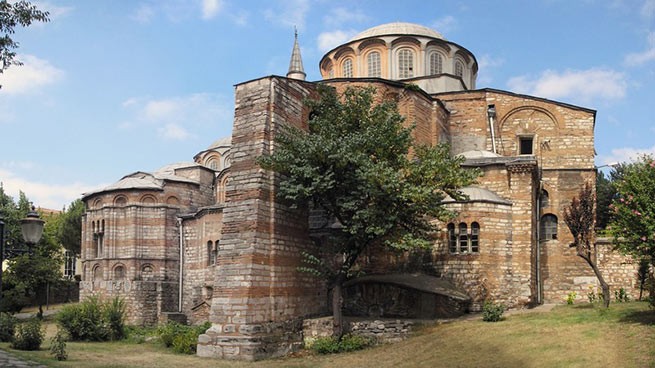
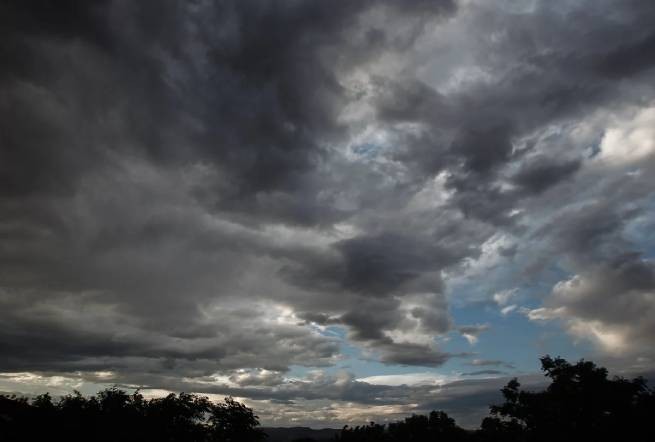

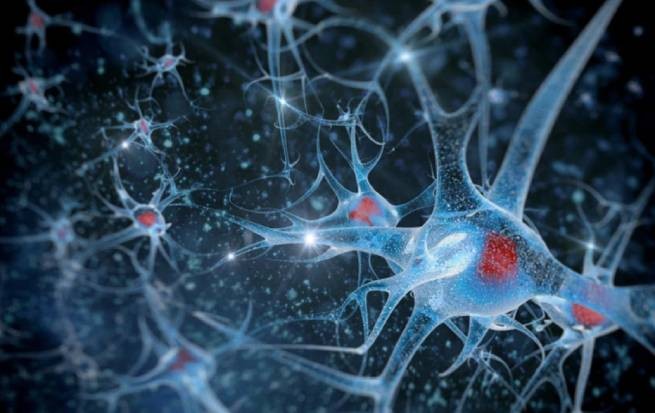
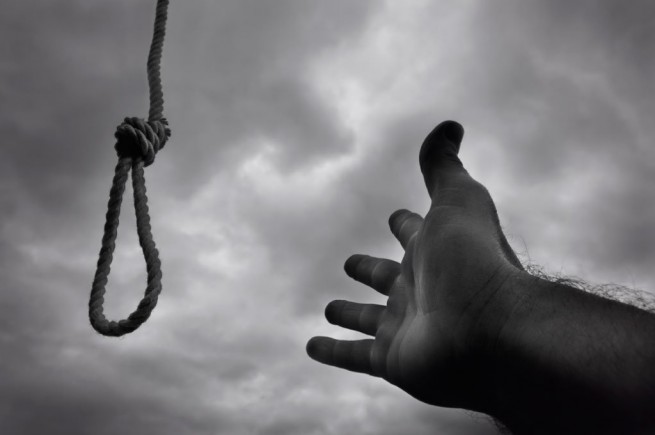

More Stories
Financial Times: Russia is actively preparing sabotage in Europe
Shock: Drag queen will carry the Olympic flame in Paris
Greece consistently ranks last in the EU for media freedom